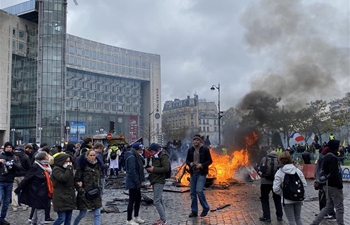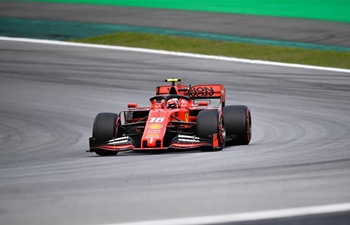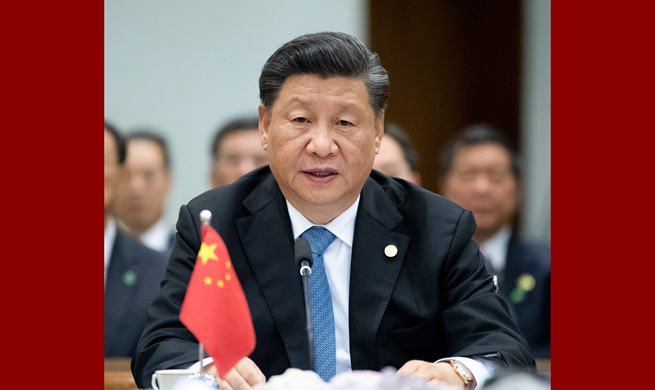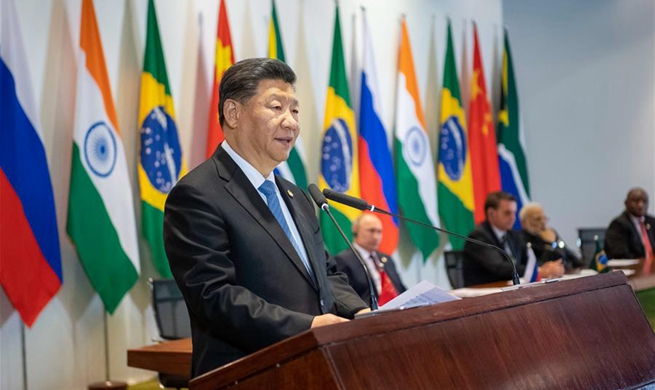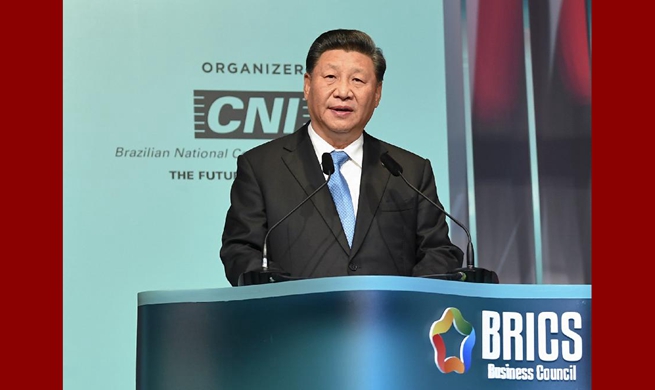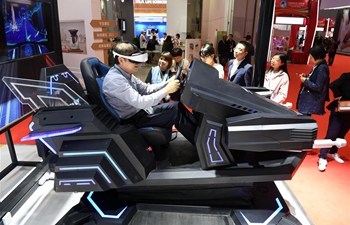TRIPOLI, Nov. 17 (Xinhua) -- The ongoing armed conflict in and around the Libyan capital Tripoli between the UN-backed government and the eastern-based army has affected the public healthcare services in the country.
According to a report issued in September by the World Health Organization (WHO), healthcare is the "biggest need in Libya with many people lacking sustained access to primary and secondary health services including management of chronic and infectious diseases and obstetric complications."
"2019 is characterized by the challenging conditions of the Libyan health system: lack of lifesaving medicines, insufficient experience and distribution of doctors in the remote areas, shortages of qualified nurses in rural areas, insufficient capacities to use the medical equipment where it does exist. The medical system is underperforming, especially at a primary health care level," the report said.
The eastern-based army has been leading a military campaign since early April in and around the capital Tripoli, attempting to take over the city and topple the rival UN-backed government.
The violence killed and injured thousands of people, and also displaced hundreds of thousands of civilians away from their homes.
According to Dr. Nisreen Al-Ghadamsi from the state-owned Nephrology Center in Tripoli, the Center is struggling to provide services for the people due to lack of necessary equipment and medicines.
"Unfortunately, only local donors provide medicines and equipment. The medicines store is located in the areas of clashes and we do not know the fate of the medicines," Al-Ghadamsi told Xinhua.
She also explained that frequent power blackouts make it difficult to treat patients, who depend on equipment that is run by electricity.
"We face a set of problems, the most important of which is frequent power blackouts. The backup generator does not work properly because of lack of fuel. The patients remain dependent electricity that runs the equipment," Al-Ghadamsi said.
Due to the armed conflict in the country, Libyan authorities are struggling to provide proper healthcare services in Libya, forcing people to pay large amounts of money to purchase live-saving medicines.
"The war has affected us as a kidney disease patients. This clinic receives aid from the donors. Our financial conditions are very difficult currently. Patients lack money. We need more attention. We buy expensive medicines and we need the Ministry of Health to take more care of us," Anas Khaled, a patient at the center, told Xinhua.
The WHO report said that the current situation is likely to continue in the foreseeable future, given the absence of political reconciliation.

